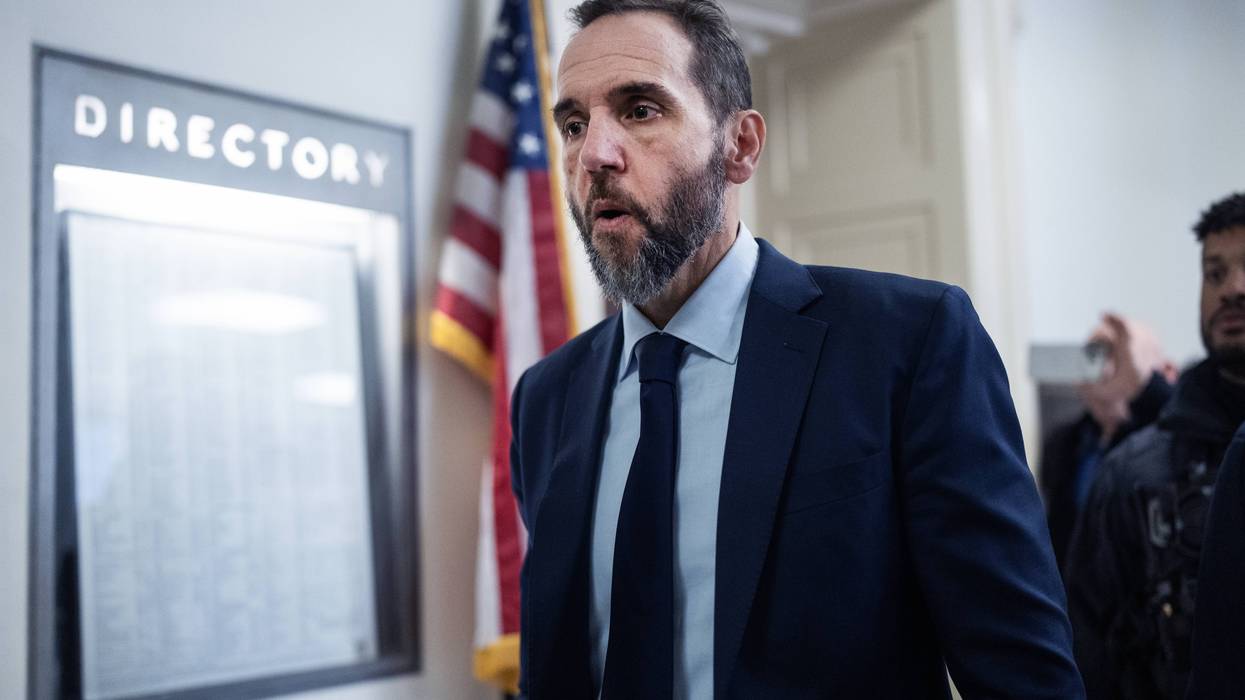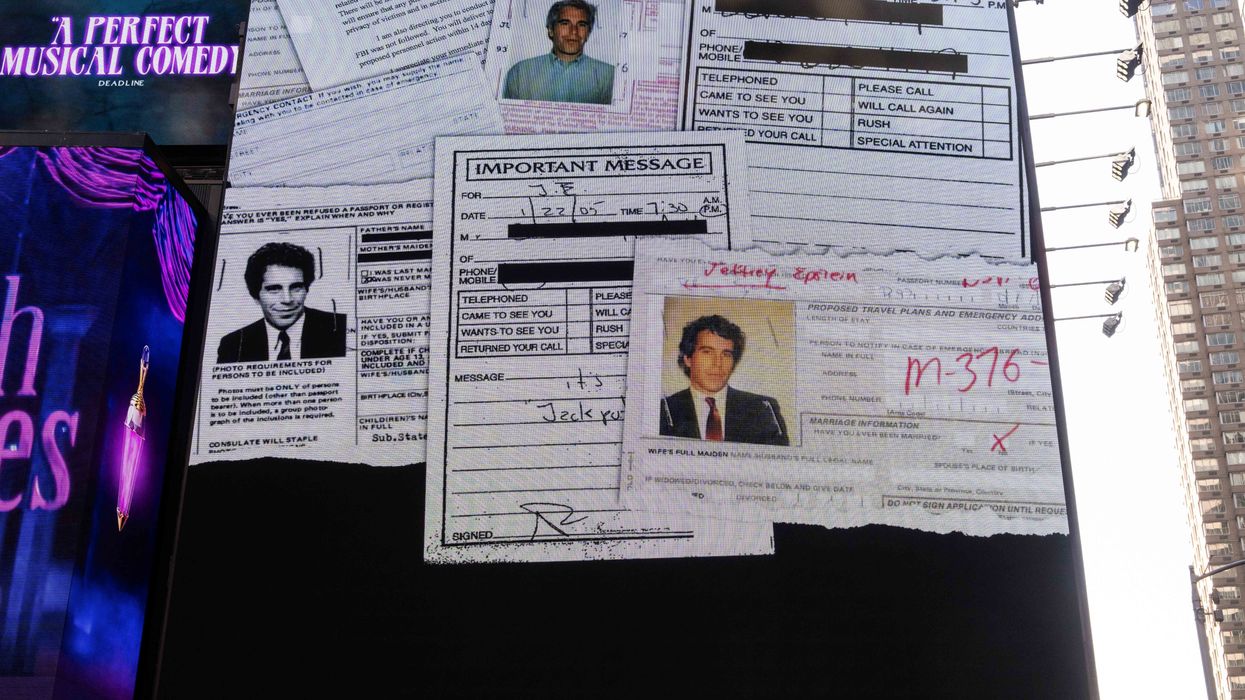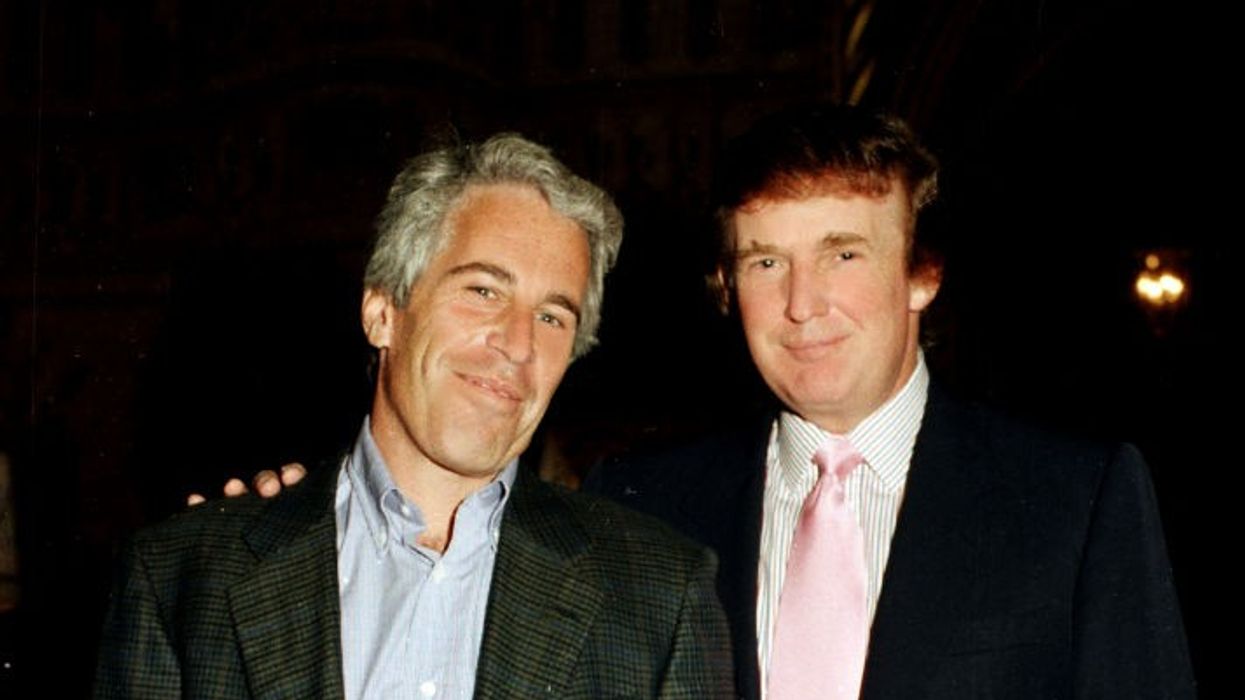Trump was indicted by a grand jury for 37 felony counts following Smith's investigation, 31 of which involved violations of the Espionage Act, after transporting "scores of boxes" full of classified materials, including top-level military and intelligence secrets, to his home at Mar-a-Lago and showing them off to people without security clearances.
But Smith ultimately dropped the case in November 2024 after it became clear that Trump's reelection would shield him from legal liability.
On January 7, 2025, just days before Trump reassumed office, the DOJ released Volume I of Smith's report, which pertained to Trump's attempts to overturn his loss in the 2020 election by spreading false claims of widespread voter fraud, which culminated in the attack on the US Capitol building by a mob of his supporters on January 6, 2021.
Though Trump's indictment in that case was also dropped following his reelection, the report was released under DOJ rules requiring public disclosure of all investigative reports after cases conclude.
That report described Trump as having undertaken an “unprecedented criminal effort to overturn the legitimate results of the election in order to retain power,” a scheme in which he knowingly spread information casting doubt on the election result even after his own staff confirmed it to be false and he acknowledged his loss in private.
Unlike the election case, the classified documents case was dismissed in July 2024 by the Trump-appointed federal judge Aileen Cannon of the same district court, who ruled that Smith's appointment as special counsel was unlawful.
Cannon also issued an injunction blocking the release of the report to Congress, but only until February 24, 2026, so as not to prejudice the legal proceedings against Trump's co-defendants, former aide Walt Nauta and Mar-a-Lago employee Carlos De Oliveira, who were accused of helping him illegally stash documents and hide them from investigators.
Citing her previous ruling, Trump is now asking Cannon to permanently block the report, claiming that, because of her ruling against Smith, "all acts undertaken" by him, including the creation and release of the report, are "void."
Not only does he seek to prohibit the "current" DOJ from releasing it, but also "former and future" DOJ officials from ever releasing it, as it would result in the "public dissemination of sensitive grand jury materials, attorney-client privileged information, and other informationderived from protected discovery materials, raising significant statutory, due process, and privacy concerns for President Trump and his former co-defendants."
Trump's request to permanently spike the report immediately drew comparisons to the Epstein files, which remain almost entirely unreleased by the DOJ nearly a month after the deadline mandated by law, which was signed by Trump himself after being passed in November.
For over a year, efforts to halt the release of Smith's report have fueled concerns of a cover-up and raised questions about whether Cannon has any authority to issue rulings at all, since the case has been dismissed.
In a piece for MS NOW (then MSNBC) last year, after the first report was released, legal analyst Glenn Kirschner warned that if the second one were buried in perpetuity, it could allow Trump to escape legal consequences after his term is up.
"If there is no disclosure of Volume II to members of Congress, what might a Trump-led DOJ do to the evidence?" he asked. "Might it be destroyed in an attempt to make sure Trump is never held to account for the classified documents crimes? Recall that the documents case was dismissed without prejudice, which means the case could theoretically be refiled once Trump leaves office."
His colleague, former US Attorney Joyce Vance, noted the peculiarity of Cannon's assertion of authority in a case that had already been dismissed.
"The strangest thing about this entire proceeding is that Judge Cannon continues to issue orders when there is no case pending in front of her," she said. "That’s not how a court’s jurisdiction is supposed to work.”
After appearing at a closed-door deposition last month as part of an inquiry launched by Republicans, Smith is scheduled to testify publicly before the House Judiciary Committee on Thursday at 10 am ET.
Smith's lawyer, Lanny Breuer, told the Associated Press earlier this month that "Jack has been clear for months he is ready and willing to answer questions in a public hearing about his investigations into President Trump's alleged unlawful efforts to overturn the 2020 election and his mishandling of classified documents."




